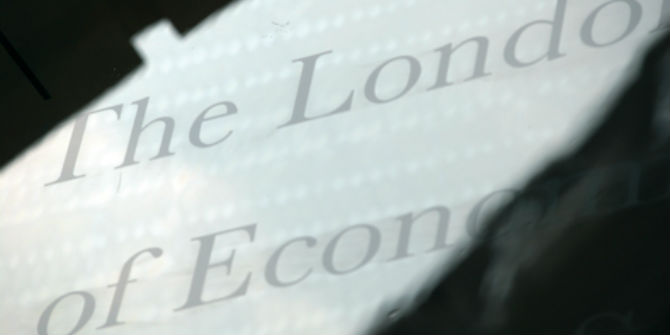Neil Dewar (Munich): “On Absolute Units”
Neil Dewar (Munich): “On Absolute Units”
What is the best way to characterise the intrinsic structure of physical quantities? Field’s program shows one approach (that also delivers a nominalist treatment of such quantities); in this talk, I outline how group-theoretic methods can deliver a somewhat simpler, although non-nominalist, way of doing this for scalar and vector quantities. I […]








Connect with us
Facebook
Twitter
Youtube
Flickr